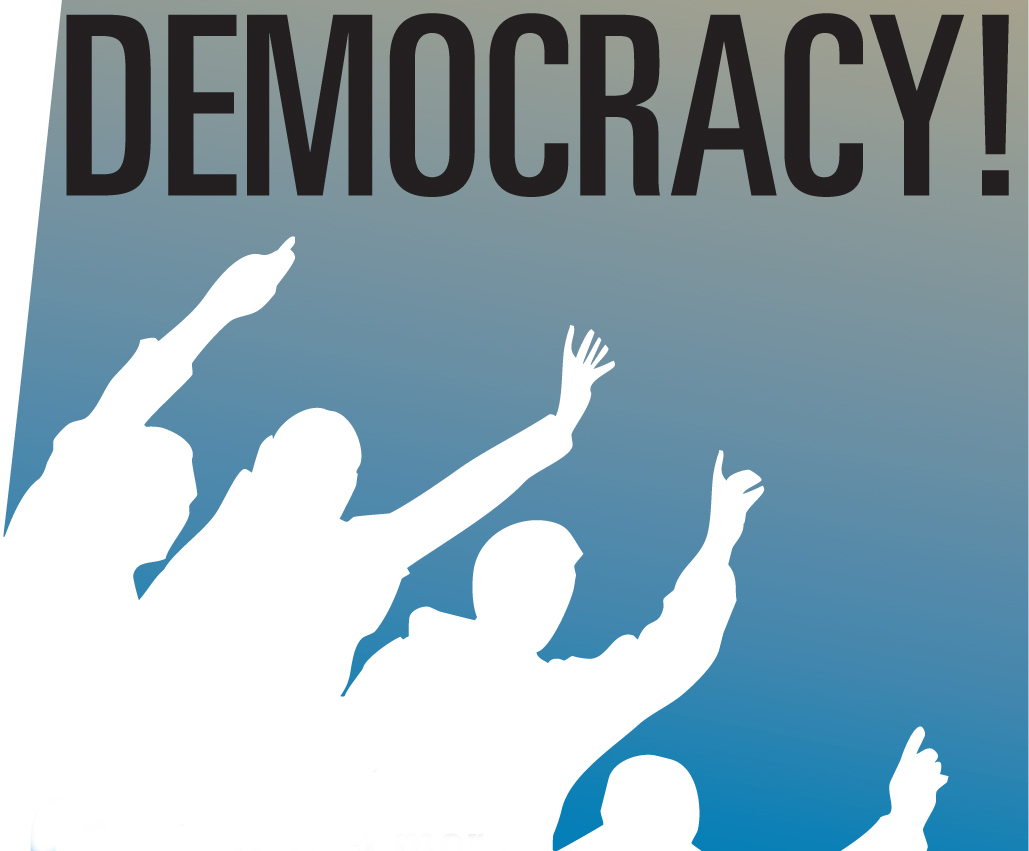FUTURE OF DEMOCRACY IN INDIA
by Shivam Dotiyal (2001) Gurugram Public School, Gurgaon/India on 2017-09-12

FUTURE OF DEMOCRACY IN INDIA
The word Democracy is derived from two Greek words: Demos meaning “People” and Kratos meaning “Power”. It essentially means “Power to the People”. The people decide which institutions and laws will govern them and their land. A democracy regards the People’s will to be paramount. Hence, it is highly idealized and eulogized by all as a government” by the people, of the people, for the people”. Essentials of a democracy include a just legislature, an independent and strong judiciary, an honest and incorruptible executive and free press. Each of these citadels supports a thriving democracy.
India is the largest democracy in the world with a parliament system of Government, which for all intents and purposes, is the best means for the expression of the popular will. Our democratic system of governance is run by the representatives of the people, elected periodically. Indian democracy is based on universal adult franchise and a healthy and competitive party-system. These parties play a significant role in the elections and in the smooth functioning of the democracy.
Ours is a secular country. Secularism means freedom to profess, practice and propagate one’s religion without interfering with that of others. There is no state religion and all religions and sects are equal before the law. Communal feelings and considerations play an important role in the selection of candidates. The recent spate of communal unrests in Assam, Jammu& Kashmir and U.P. has time and again put our democracy in jeopardy. The multiplicity of parties also lack of a strong opposition. Violence is the antithesis of democracy. The greatest ill of our democracy is that a large proportion of the electorate is illiterate.
The future draws upon both the traditions inherited from the past and challenges encountered in the present contemporary India. The fair and free elections, independent judiciary, enlightened voters, nationalistic political parties and the Fundamental Rights guaranteed by our Constitution ensure a bright future for Indian Democracy.



Johannes Brömmel
Gisela-Gymnasium, München/Germany (1999) on 2018-01-10